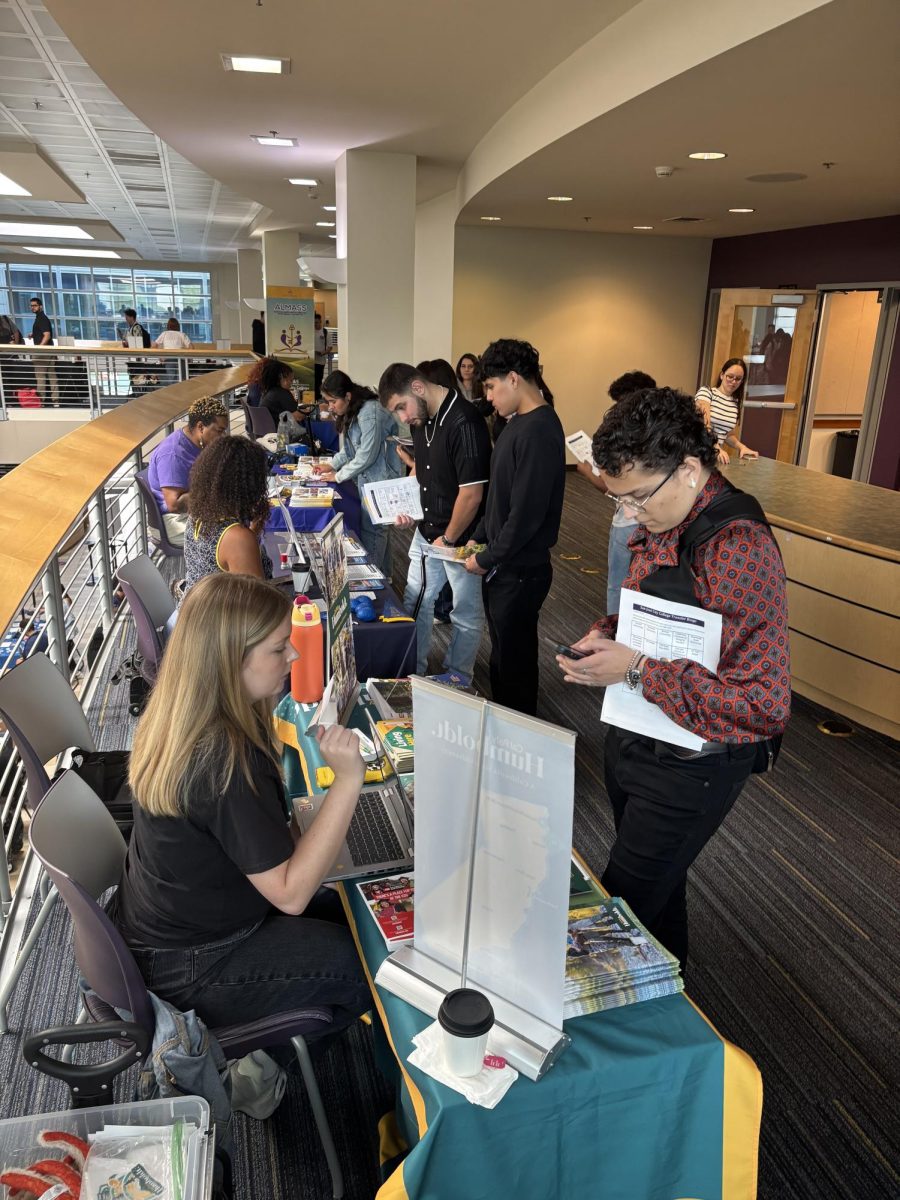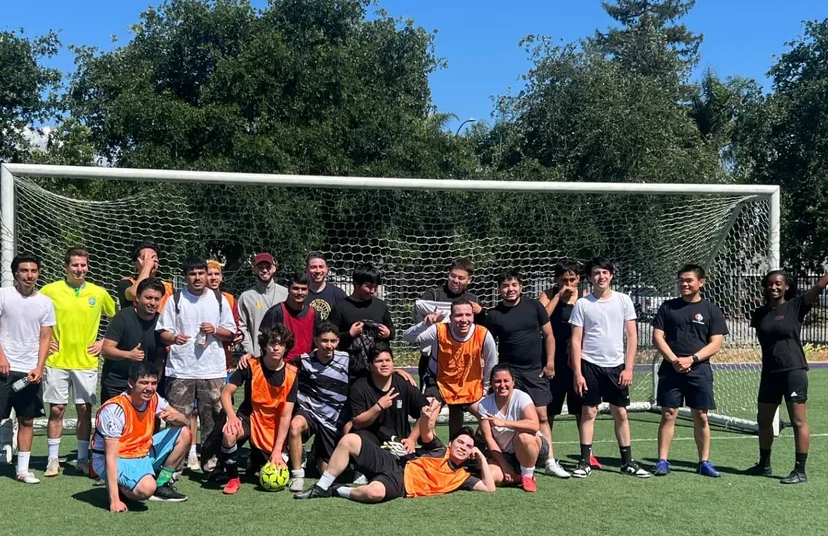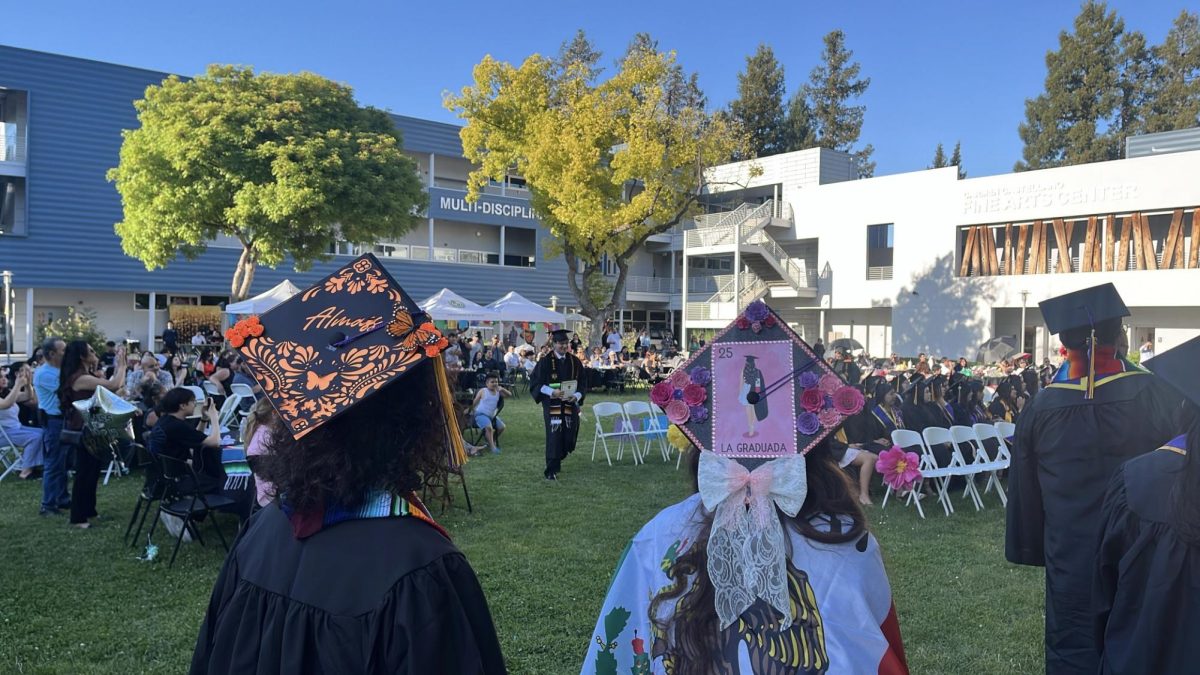Recognition of women’s accomplishments and struggles are brought to center stage as San Jose City College celebrates Women’s History Month in March. The theme at SJCC this year is “Each One, Teach One,” focusing on women sharing their experience and wisdom with others.
Several events highlighting this theme will take place this month, including the annual Janet Gray Hayes Award ceremony.
Historical themed highlights of the events include a dramatization of the women’s rights movement. Health science administration major Talecia Greene, 27, referred to the iconic image of Rosie the Riveter that empowered women during World War II.
“Rosie inspires us as students from different walks of life to continue to be more than we are, and more importantly change the way we are viewed in the world,” Greene said.
Other events focus on modern-day issues, such as Women in Sudan – A presentation on mothers and daughters of Sudan, and a panel discussion entitled “Youth and Lesbianism.”
The Janet Gray Hayes Award is for a woman selected as an inspirational role model for her dedication and community service.
The award will be given to Sister Marilyn Lacy on March 22. The award gets its name from the first elected female mayor of San Jose in 1975.
Since 1977, San Jose City College has bestowed this prestigious award to a Bay Area woman who has made significant positive impacts within the community. Recipients include congresswoman Zoe Lofgren, president and CEO of Commonwealth Club Gloria Duffy and journalist Ysabel Duron.
Organizers of the events hope to broaden student understanding of females’ battles for equality as SJCC offers just one course specifically about women’s history.
“What students learn in the classroom as it pertains to women’s issues is important. But, what students can learn outside of the classroom is even more important,” said Elizabeth Ramirez Sharpe, SJCC Women’s History Month planning committee member and early childhood education faculty.
“The world is the classroom and women’s issues in 2011 are in many ways the same as 40 years ago, and in many ways differ from 40 years ago. I personally think they are more the same than different,” Sharpe said.
“Women want to be cherished, loved and respected for who they are, not what they will become and not in comparison to men.”
The events are not only for female students. All students stand to benefit from learning more about each other and society.
“The study of women is, at its core, the study of gender femininity and also masculinity, which seeks to explain human interaction and endeavor,” said SJCC English teacher Melanie Levinson.
“For most of our history, women’s voices have been conspicuously absent from our collective story. Ideally, when we study women and gender, we are able to increase both self-understanding and cultural, even global, awareness.”






